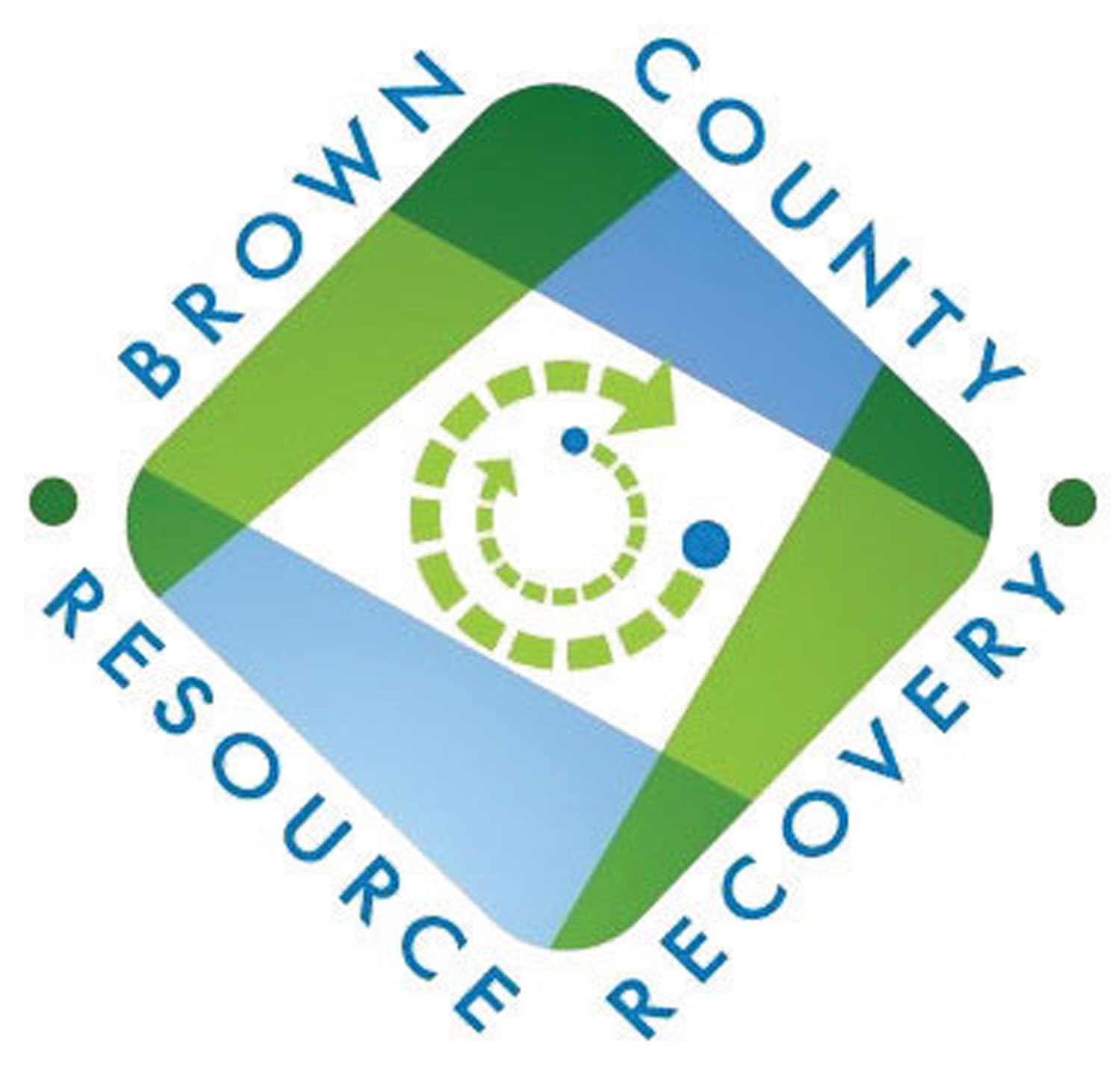Taking Recycling to the Next Level: Organic Matter
PILOT PROGRAM IN BROWN COUNTY OFF TO GOOD START
Composting has been the “in” gardening activity for a while now, with many a home-gardener carefully tending a pile of “black gold.” For conscientious residents of Brown County who do not want to maintain their own compost pile or want to take their personal recycling efforts to the next level, the Food Waste and Organics Drop-off Program may be the right fit.
The pilot study program began in November, 2014, with two collection locations on the west side of Green Bay. A third site was added this past spring on the east side of the city at the UW Extension office. Residential households located in Brown County volunteer to collect food and organic waste at their homes and to drop off the material at the collection location as they prefer, typically on a weekly basis. The volunteer households provide their own bins to store the food and organic waste.
“We recommend people use certified compostable bags if they can as they break down over time and are easier for households to bring in,” said Mark Walter, business development manager at Brown County Port and Resources Recovery Department for Brown County. Certified compostable garbage bags are available for purchase at the Brown County UW Extension office.
The pilot program includes 131 households with 289 people. To better understand the interest and effect of the project, participants are registered to track demographics and to see what impact the project is having. Last year, 7.5 tons of material was collected. “It has been pretty impressive so far,” Walter said.
Organic waste, material that is biodegradable and derived from a plant or an animal, represents 20 or more percent of the waste stream in the United States. Keeping it out of landfills is important for a variety of reasons, including increasing efficiency and maximizing space in the landfill as well as creating a useful, sustainable resource: compost.
The list of what can be collected is more extensive than what can be tossed into a home compost pile—which requires stringent rules of no meat, no grease, no dairy, and more. For the Brown County program, collection items include any food waste from meals and meal preparations, peelings from fruit and vegetables, paper products that have come into contact with food or are greased-stained such as pizza delivery boxes, meat and seafood bi-products such as meat, bones and shells, coffee grounds and filters, paper tea bags and tea leaves, paper toweling (not soiled with chemicals), paper egg cartons, tissues, napkins, dirty paper, cotton balls and cotton swabs (made with paper; no plastic), toothpicks and wood popsicle sticks, dryer lint, hair, bird seed and pet food.
No plastics of any kind may enter the organic matter waste stream, as well as no Styrofoam, metal, foil wrapping, milk or juice cartons, fabric, cosmetics, medication, dryer sheets, dental fl oss as well as any human, animal, or yard waste, liquids or paper that can be recycled (such as clean newspaper, paper grocery sacks, cardboard, and offi ce paper). An extensive list of what is recyclable or not as well as answers to frequently asked questions is available online at browncountyrecycling.org.
Inquiring minds typically want to know what happens to the organic matter, and it is a pretty elaborate adventure. When full, the organic matter collection dumpsters are “picked” and transported to Sanimax, a facility in Green Bay that renders waste from the meat packing and food industry and processes it into useable products. The material is then trucked to a anaerobic digester at UW-Oshkosh where the methane biogas is captured to power a generator for electricity (learn more at www.uwosh.edu/biodigester) and the end product is eventually sold to consumers as Titan Gold compost.
Recycling organic matter is being explored all across the country. Currently Massachusetts requires the curb-side recycling of organic matter. In the states of Washington, Oregon and California as well as the cities of Minneapolis and St. Paul (which is the model Brown County used), it is a on a volunteer basis.
“If there is a big enough audience to do it on a voluntary basis, then the next phase would be to explore curb-side collection,” Walter said. However, being located in a colder climate provides unique challenges to making curb-side pickup sustainable, such as the organic matter freezing inside of bins and the rate of cross contamination with items not suitable for composting.
Other metro areas in Wisconsin are also participating in curbside organic matter recycling. Madison is currently operating a pilot curb-side project and Milwaukee is investigating how to start a pilot project of its own. According to Walter, as more businesses and metro areas become interested in diverting organic matter from landfills to a more useful purpose, more opportunities to collaborate on solutions will emerge in the Brown County area. So, stay tuned!





